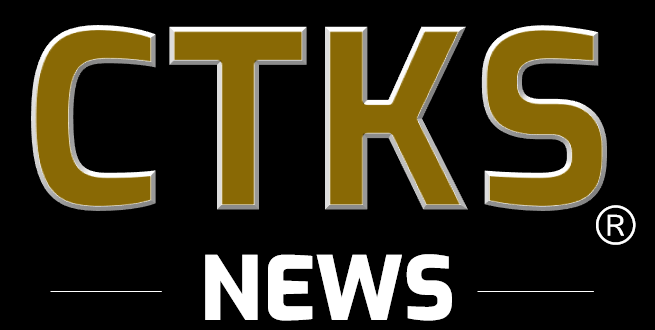Bitcoin PIPE, a proposal by Mikhail Komarov, seeks to implement Covenants and Zero Proof of Knowledge (ZKP) in Bitcoin without requiring a mushy fork in the network. These programmings would deliver privacy advantages (SNARK exams) and usability in Bitcoin, by way of sensible contracts or more complicated and superior transaction designs.
The intention to add these advances to the base layer of Bitcoin will not be new, however this proposal is the first that, if applied, would not contain a fork of the network.
PIPE would keep away from this fork by way of the emulation of convenants or conventions in Bitcoin programmingand not by way of its direct implementation, traditionally constrained by the allowed measurement of Bitcoin Scripts.
“Despite several proposals (e.g., BIP-420) to re-enable or introduce new opcodes, these changes have not been adopted, leaving ZKP verification in Bitcoin L1 as an unresolved challenge.”
Mikhail Komarov, ZKP developer
What are Covenants and what would they contribute to Bitcoin?
The implementation of Covenants, for instance, would introduce a more versatile and superior language and programmability layer to Bitcoin.
Simply put, covenants are definable as conditional restrictions imposed on Bitcoin transactions. They outline guidelines on the place and how BTC may be spent.
The introduction of those would make Bitcoin would have a tendency to catch up in the race with networks more targeted on creating decentralized functions and sensible contractslike Ethereum or Solana. The flexibility of those networks is demonstrated by the indisputable fact that they host a wide range of video games, monetary providers and technological options that, right this moment, are exterior the scope of Bitcoin’s programmability.
The historic problem of implementing covenants in Bitcoin is as a result of doing it the conventional means requires introducing new working codes (opcodes), codes or execution guidelines in Bitcoin programming. The above would deliver adjustments to the Bitcoin Scripts (or Bitcoin programming rule base). In flip, each adjustments They would introduce irreversible modifications to the consensus guidelines on the network.
Any proposal that modifies the opcodes and trigger a fork, equivalent to BIP-119 or the aforementioned BIP-420, would want to mobilize the broader Bitcoiner group to adapt to the new software program and new guidelines. Something like this would be expensive for everybody concerned in the network, which is why these previous proposals have been principally unsuccessful and discarded.
For Mikhail Komarov, this mushy fork in Bitcoin is the apparent answer, however not the finest to implement covenants: “updating the Bitcoin protocol, to introduce (or reintroduce) missing operation codes (opcodes). Unfortunately, this leads to the need to achieve social consensus, which is a rather complicated process.”
Emulating covenants in Bitcoin
The developer feedback that the subsequent step to deliver the absent covenants to Bicoin, given the problem of modifying the opcodesis “emulate them for a particular application.” The process to emulate them is contained in the paper of Bitcoin PIPE.
Emulating sure covenants in Bitcoin will enable the implementation of zk-SNARK exams (Zero-Knowledge Succinct Non-Interactive Argument of Knowledge), a sort of cryptographic proof that permits a celebration (“prover“”) prove to another party (“verifier”) that possesses sure info without revealing that info itself. This verification mannequin would keep away from the undesirable presentation of data by members when buying and selling in Bitcoin.
Covenants are important to introduce SNARK testing in Bitcoin as a result of its programming language would enable Merkle tree path verification to be applied.
This sort of verification would enable for more personal transactions, ones the place The particulars stay hidden, though they continue to be verifiable by the members.
SNARK exams intention to clear up the downside of pseudoanonymity in Bitcoin, the place transactions are public and traceable. For higher or worse, the present state of transaction information programmability in Bitcoin permits you to hint, with relative ease, the monetary actions of customers. These zero-knowledge proofs combine an additional layer of anonymity, a lot wanted for privacy-oriented customers.
It ought to be famous that SNARK exams have an additional energy: They are appropriate with Onion Router (TOR) and different personal Internet shopping applied scienceswhich will increase Bitcoin’s potential in the route of a more nameless and safe network.
As CriptoNoticias reported, Bitcoindevs introduced to mild an interactive studying expertise on BTC programmability, known as Decoding Bitcoin.
Through interactive and easy mini-programs, the instructional modules enable you to perceive ideas and functions equivalent to Bitcoin scripts and opcodeswhich can be useful in understanding the advantages (and limitations) of SNARKS testing, convenants, and different computing advances in Bitcoin.










